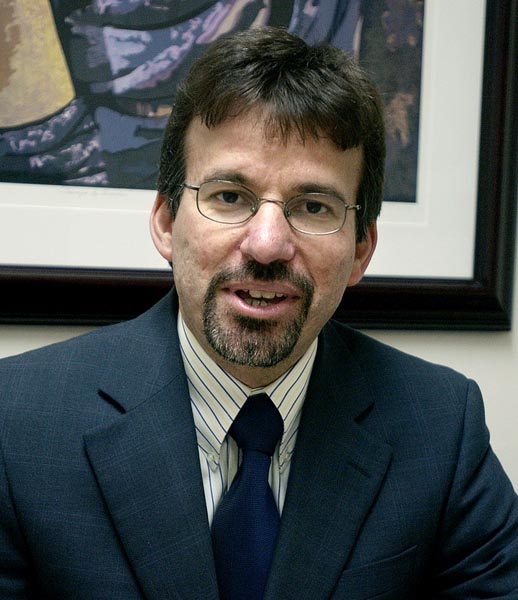
The similarities between Ireland and Puerto Rico are so numerous that Ireland's case is of interest for our island.

As an entrepreneur, I’ve had days when I feel in love with my work, and that same afternoon I’m questioning and wonder if I should change this or that. And that’s actually normal.
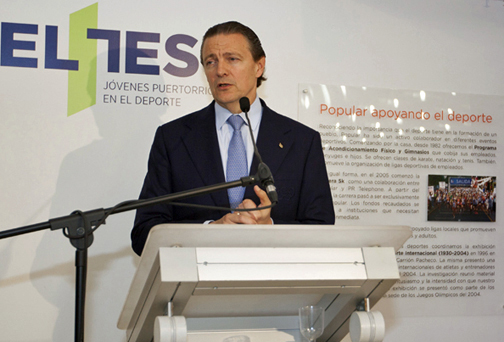
Puerto Rico is at the threshold of a second economic transformation — from an industrial to a knowledge-based and services economy — and has the necessary infrastructure to pull out of its current crisis and build a “stronger and more vibrant economy.
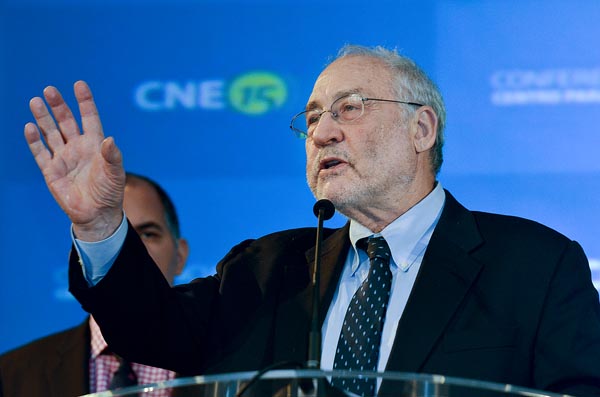
Puerto Rico needs to make "clear demands" to the U.S. government regarding what is needed to pull through its present difficulties, including requesting more flexibility with the Jones Act, a legislation that is also hurting Hawaii.

With its eye set on strengthening Puerto Rico’s role as its hub in the Caribbean, appliance brand Whirlpool will focus this year’s efforts on identifying areas of opportunity in service and product development as part of its commitment to bet on the island during challenging economic times, company officials said Thursday.
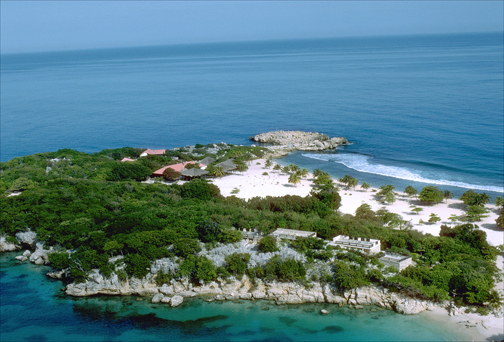
Four years after an earthquake killed 300,000 of its people and devastated its capital city, Haiti will outpace all its Caribbean neighbors in terms of economic growth.

Things are tight, right? Money isn’t lasting as much as it used to? Do you find yourself increasingly scouring store ads for sales, just to stretch your budget? What if you could make your money go significantly further by incorporating simple strategies such as combining those store sales with manufacturers coupons?

I was recently reading the January 2014 publication “Perspectivas“ from Estudios Técnicos and came across a quote that inspired me to write this letter.
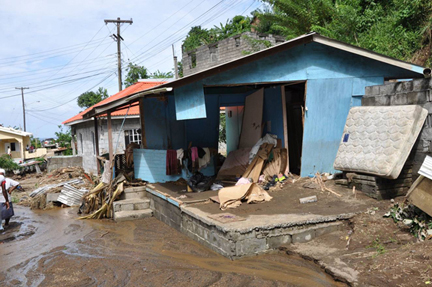
St. Vincent, St. Lucia and Dominica — three of the world’s smallest countries — are still in shock more than a month after a freak Christmas Eve storm ripped through the Eastern Caribbean, destroying crops, houses and livelihoods in its wake.

MasterCard and the Inter-American Development Bank have recently signed an agreement, as announced at the World Economic Forum in Davos, Switzerland, to work together in an effort to improve economic inclusion, transparency and financial formalization through the expansion of electronic payments in Latin America and the Caribbean.
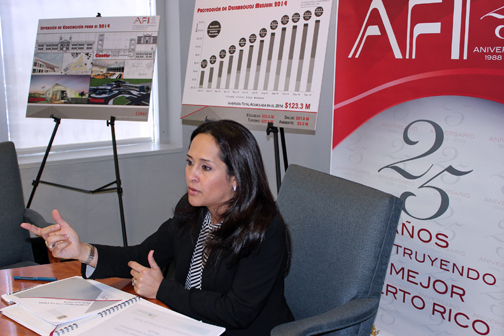
The Infrastructure Financing Authority will begin construction this year of about 20 projects, representing an investment of $292.6 million and the creation of 3,504 jobs in Puerto Rico, agency Executive Director Grace Santana said Tuesday.
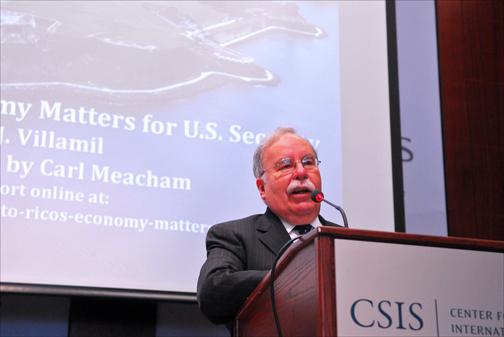
José J. Villamil, one of Puerto Rico’s leading economists, offered a grim assessment of the island’s fiscal health during a lecture Tuesday at Washington’s Center for Strategic & International Studies.
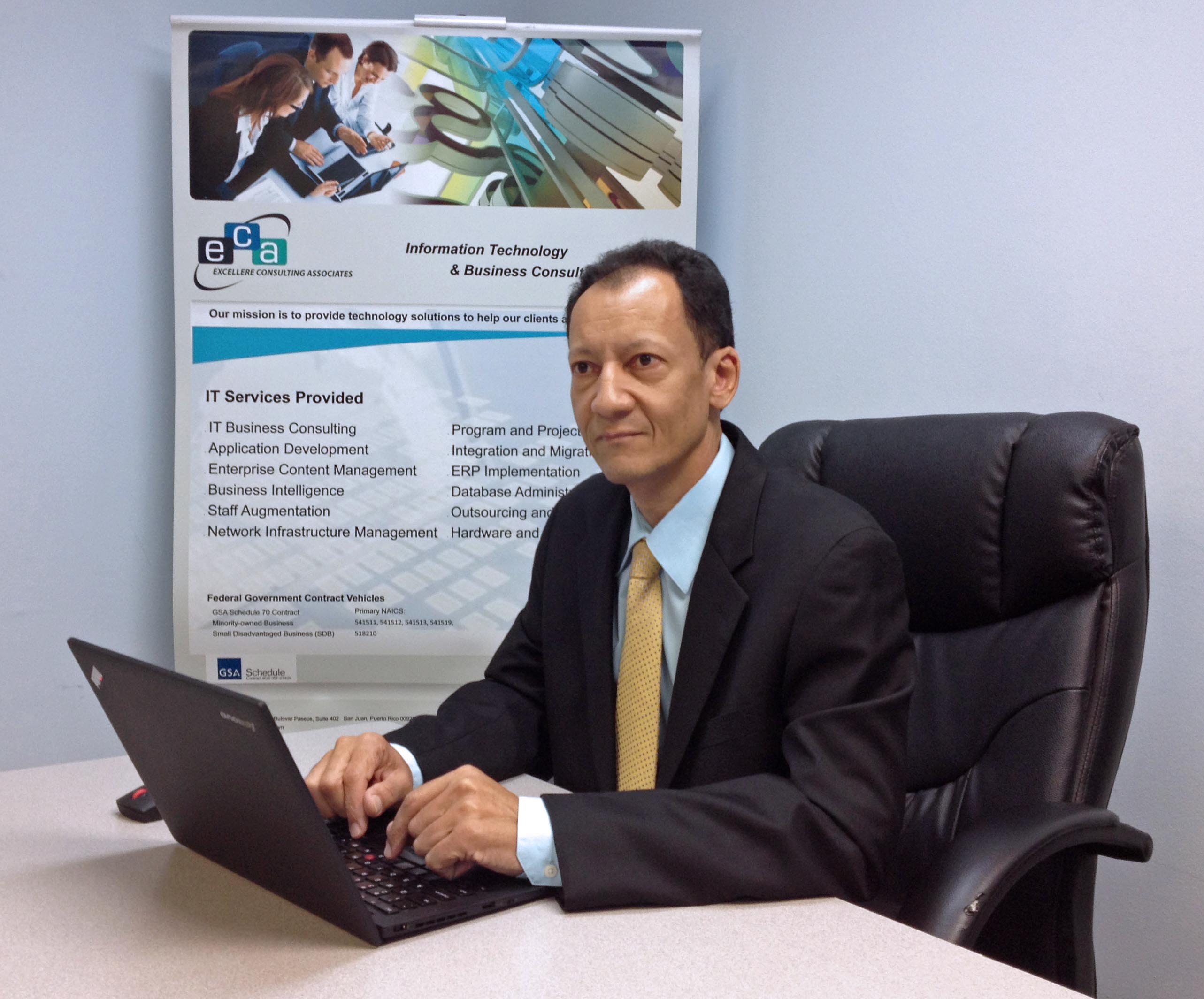
Private sector, government and academia will convene next month to chart the agenda to revive the economy during the CIO & IT Leadership Conference, organized by the Puerto Rico Information Technology Cluster.

After a challenging year when Puerto Rico’s economy remained in contraction, members of the different key industries, trade associations and economists weigh in on what 2014 will bring to the island.

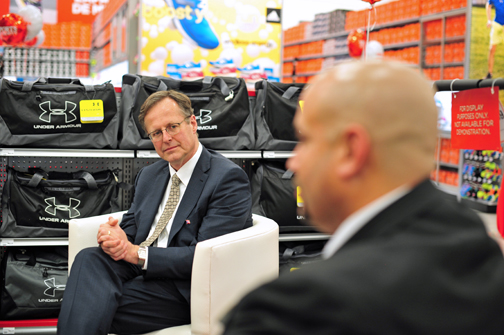



NIMB ON SOCIAL MEDIA